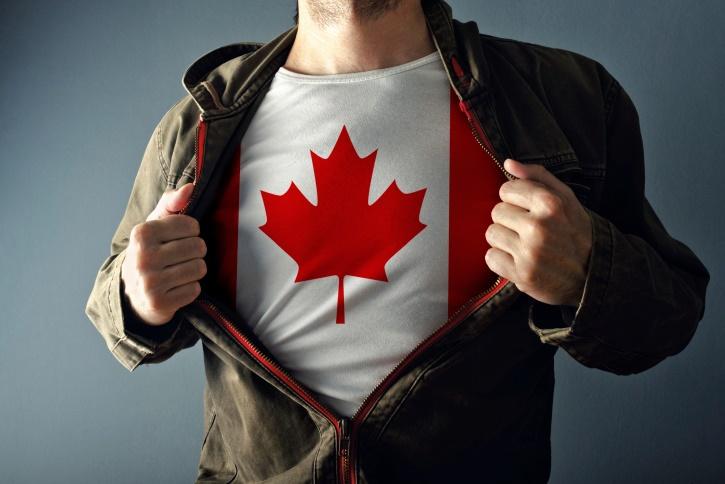
Credit: ThinkStock
Canada is stereotyped as a perfectly pleasant country that isn’t looking to rock the geopolitical boat. It seems like all of the country’s modern foreign excursions come from being pulled into other people’s wars. World War I, World War II, Vietnam, Afghanistan—there hasn’t been much in it for the Canadians in these conflicts. They’ve just been polite allies to Western countries, and otherwise have minded their own business.
Well it’s no more Mr. Nice Guy for our northern neighbor, because Canada is finally launching into an international quarrel headfirst—with that current major world rabble-rouser Russia, no less. The Frenchish-Englishish nation recently sent two ice-breakers to the North Pole to stake its claim to some highly contested territory. The move comes in the wake of previous bids for the UN to formally cede the area to Canada.
The competition keeps getting testier, and the Canadians are leaving their “please” and “thank yous” at home in their dead-serious efforts to wrestle the region away from the land of Putin (Denmark is also vying for the territory, but who among us really thinks they’re going to end on top, right?)
What’s the Fuss About?
What’s so special about a frozen wasteland to make conflict-averse Canada step into the fray? According to a U.S. geological survey, it could hold 13% of the world’s undiscovered oil, and 30% of its undiscovered natural gas—that’s what. Money time. Natural resources are already fueling Russia’s post-Soviet resurgence, and Canada’s looking to edge out a Russian land grab to accrue even more in the Cannucks’ own back yard.
So, you might expect that in this day and age, country borders would be pretty clearly laid out. Not so in plenty of places—namely ones with natural resources or a desirable border region. In this case, conflict over the coveted ridge o’ resources stems from its location at a convergence of official Canadian, Danish and Russian territories. And the race is on.
The UN Convention on the Law of the Seas tries to lay out discrete rules for rival oceanic claims, including a specification that a coastal nation can only claim exclusive rights to an area within 200 miles from its land. But in this case, all three countries again fit the bill.
The Last Frontier
At this point, international courts will hear each countries’ rationale, and decide on a victor (barring the possibility that Russia just barrels through and takes it). But as of now, this area hasn’t been fully mapped out, so each country is busy exploring with an eye toward justifying its claim.
Thus the exploratory ice-breakers, by which the country aims to define “Canada’s last frontier.” How romantic . . . and lucrative.
The exploration mission is expected to take six weeks. But the larger battle over the precious territory? That’s bound to sprawl out for years to come. Still not sure who you want to root for here? Well consider which claimant would most benefit Americans. It’s our ally and neighbor, not to mention an industrialized nation that speaks English, which could suddenly find itself with loads more oil and gas that is located ever-so-conveniently close to us. Final clue: It starts with a “C,” ends in an “A.” Just saying.






